I'm trying to vectorize some text with sklearn CountVectorizer. After, I want to look at features, which generate vectorizer. But instead, I got a list of codes, not words. What does this mean and how to deal with the problem? Here is my code:
vectorizer = CountVectorizer(min_df=1, stop_words='english')
X = vectorizer.fit_transform(df['message_encoding'])
vectorizer.get_feature_names()
And I got the following output:
[u'00',
u'000',
u'0000',
u'00000',
u'000000000000000000',
u'00001',
u'000017',
u'00001_copy_1',
u'00002',
u'000044392000001',
u'0001',
u'00012',
u'0004',
u'0005',
u'00077d3',
and so on.
I need real feature names (words), not these codes. Can anybody help me please?
UPDATE: I managed to deal with this problem, but now when I want to look at my words I see many words that actually are not words, but senseless sets of letters (see screenshot attached). Anybody knows how to filter this words before I use CountVectorizer?

